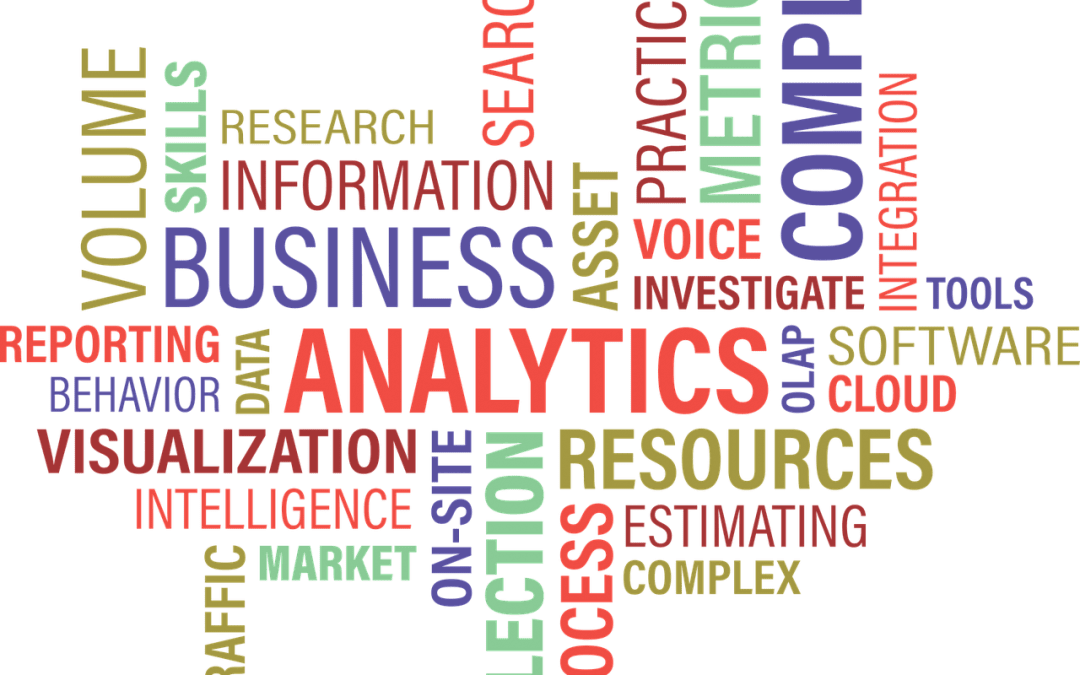
Lavoie CPA & Jirav Launch Strategic Partnership
Lavoie CPA & Jirav Launch Strategic Partnership
Lavoie CPA has added Jirav, an all-in-one business planning software for small and medium companies, to its lineup of preferred cloud solutions for the accounting profession.
At Lavoie CPA, we leverage accounting as a service and cloud-based accounting technology to streamline clients’ accounting, payroll, and analytical processes. Implementing software solutions is critical for improving financial reporting and making businesses scalable over the long term. We work closely with clients to identify the right software solution that supports strategic objectives while making operations more efficient and effective.
Through this partnership, Lavoie CPA and Jirav aim to give clients a competitive edge in their accounting and administrative processes.
Jirav is an all-in-one financial planning and analysis solution that maximizes the collaborative value of forecasting, budgeting, reporting, and analytics so leaders can drive their businesses forward with confidence and speed.
Jirav integrates natively with leading accounting or ERP platforms such as Xero, Quickbooks, NetSuite, and Sage Intacct. With Jirav, you are up and running your forecasts using templates in minutes.
This powerful business planning software helps companies:
- Maximize Growth: Model the outcomes of investing in sales, marketing, or other areas. Scenario test to optimize your growth strategy and track results to plan.
- Operate With Financial Excellence: A key to growth is having a plan and measuring against it. Manage detailed KPIs and collaborate with owners to keep the business on track.
- Focus on Strategy: Finance teams at growth companies lose too much time to spreadsheets and generating reports. Automate the tasks and focus on being strategic.
Contact slavoie@lavoiepllc.com to request a demo today. To learn more about the platform, please visit https://www.jirav.com/.
About Lavoie CPA
Founded in 2009, Lavoie has served as a reliable Charlotte CPA firm that specializes in strategic financial and operational planning for businesses of all sizes. By delivering state-of-the-art strategic support, Lavoie’s clients can focus on growing their business and soar to the next level of greatness. In addition to providing customized solutions for clients, Lavoie prioritizes social justice issues and is extremely involved in the local Charlotte community.
About Jirav
Jirav is a comprehensive business planning solution for small and medium companies that maximizes the collaborative value of forecasting, budgeting, reporting, and analytics so leaders can drive their businesses forward with confidence and speed. The all-in-one financial planning and analysis software offers faster implementation and a more intuitive interface, allowing finance leaders to build financial models in hours (not days) and generate financial reports in minutes (not hours). Jirav is headquartered in San Francisco with offices and teams across the world including Seattle, Austin, and Poland. Learn more at www.jirav.com.



